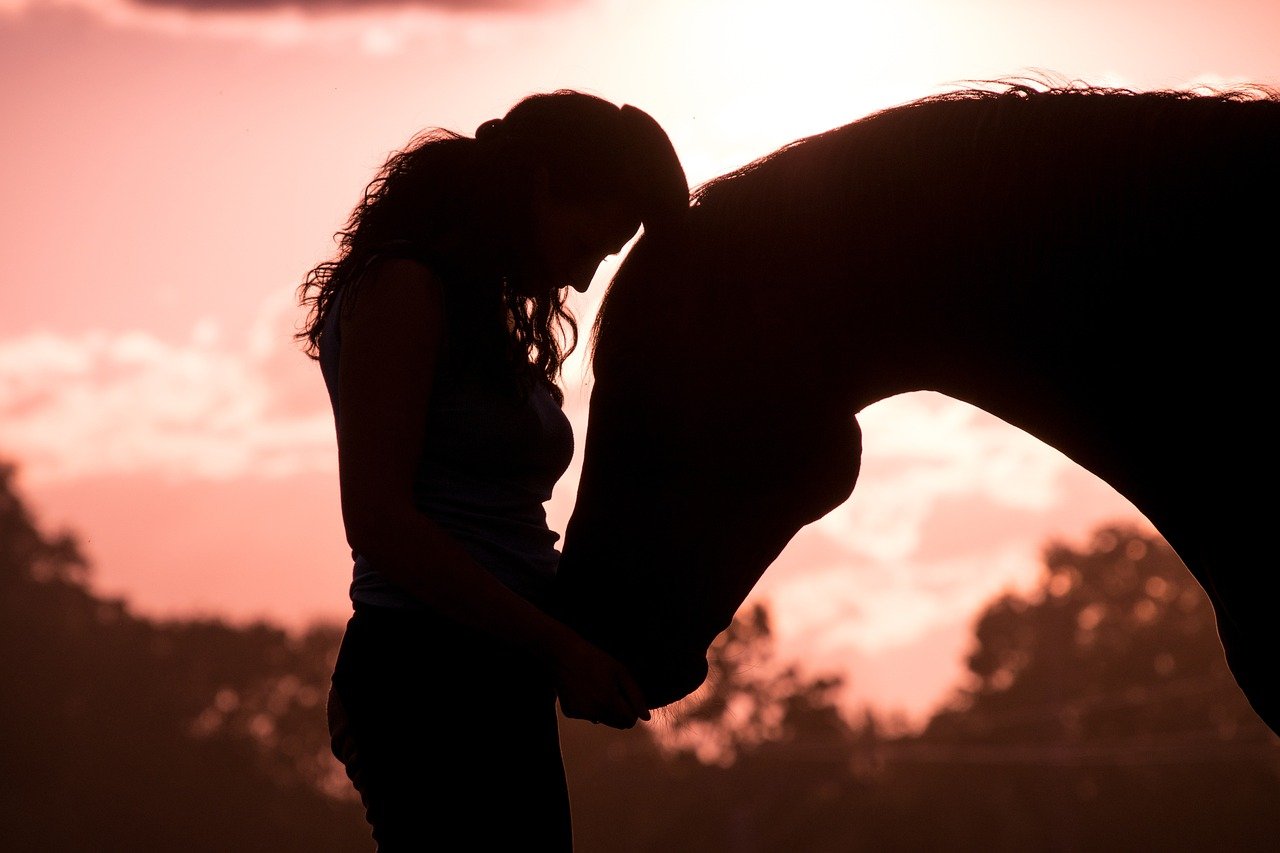Building a strong bond with a horse is an incredibly rewarding experience. Horses, like humans, have their own personalities and emotions. Gaining their trust isn’t just about spending time together; it’s about understanding their needs and communicating effectively. Whether you’re a seasoned equestrian or a budding horse enthusiast, learning how to foster trust is essential. Trust can transform your relationship from merely sharing space to a partnership filled with mutual respect and affection. Here, we explore ten practical ways to build a trusting relationship with your equine friend.
Understanding Their Body Language
Building trust with a horse isn’t just about giving treats or spending time together—it’s about developing a genuine connection based on patience, consistency, and understanding. Horses are highly perceptive animals that respond to body language, tone, and energy, making trust an essential foundation for any strong partnership.
Horses communicate primarily through body language. Observing their ears, tail, and posture can provide insights into their feelings. For instance, pinned back ears might indicate irritation or discomfort. By understanding these cues, you can adjust your approach, ensuring that your actions align with their comfort. It’s like learning a new language; the more you practice, the more fluent you become. This understanding forms the foundation of trust, as it shows your horse that you are attentive to their needs and emotions.
Consistency is Key
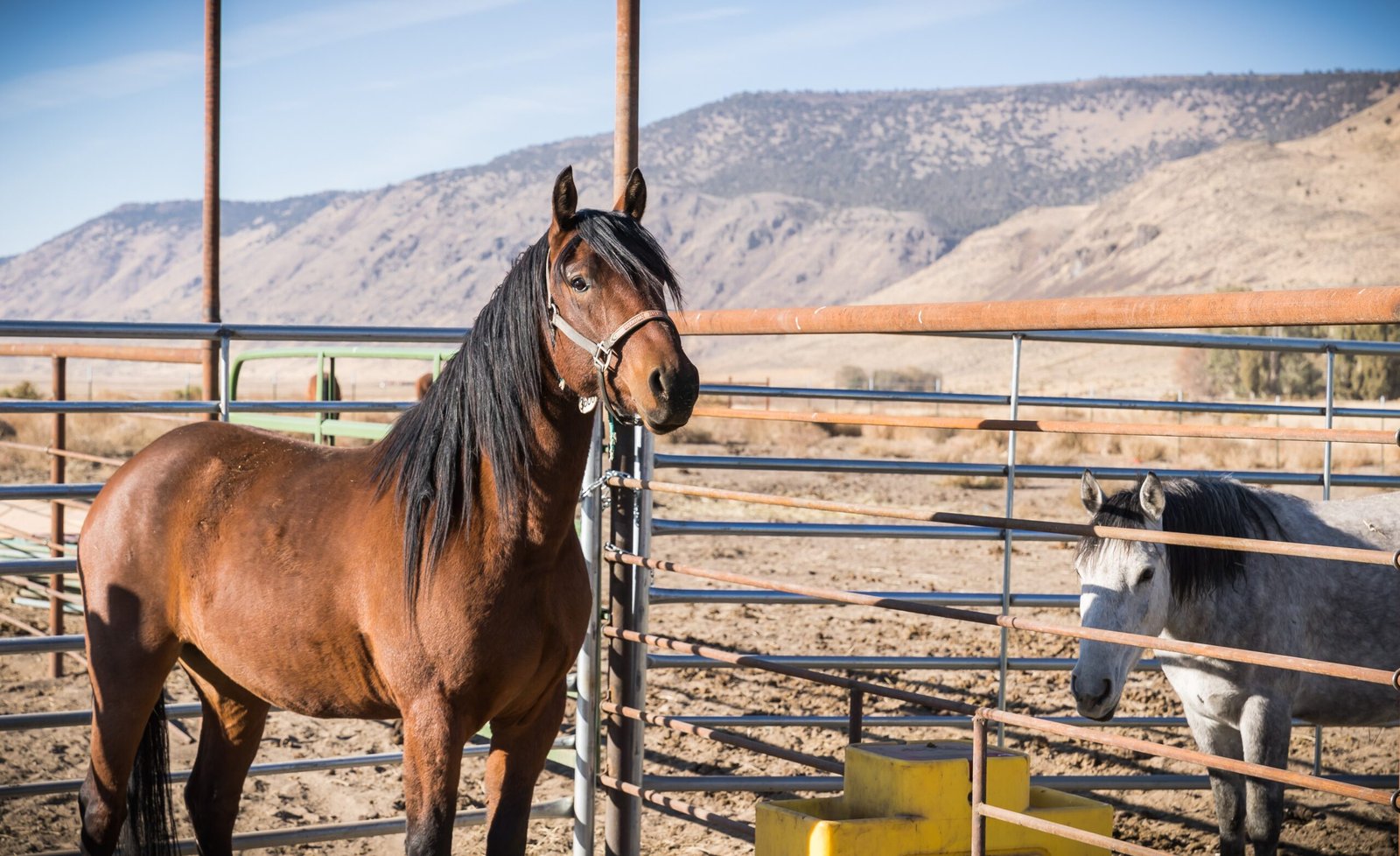
Just like humans, horses thrive on consistency. A predictable routine helps them feel secure and reduces anxiety. Whether it’s feeding times or training sessions, sticking to a schedule reassures your horse that their needs will be met. This consistency also extends to your behavior. If you approach your horse calmly and confidently each time, they will learn to associate you with safety and reliability. Consistency in actions and treatment builds a stable relationship, making trust easier to achieve.
Provide Gentle Care and Grooming
Grooming goes beyond maintaining your horse’s appearance; it’s a bonding activity. Regular brushing and gentle handling allow your horse to associate your presence with comfort and care. During grooming, you have the chance to inspect your horse for injuries or changes in condition, further cementing your role as a caring companion. It’s akin to a spa day—relaxing and enjoyable. This routine interaction reassures your horse and fosters a deeper connection.
Respect Their Space
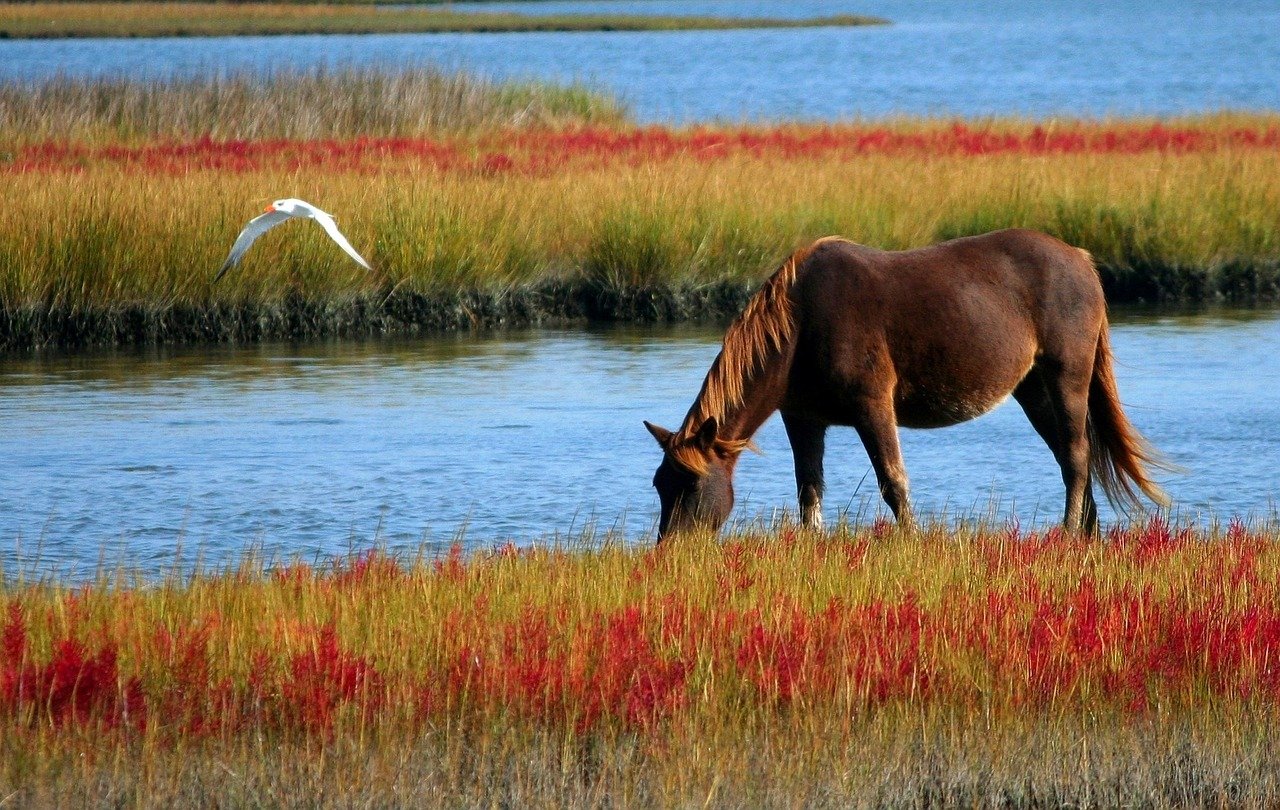
Horses value their personal space, much like we do. Invading it too quickly or aggressively can lead to distrust. Approach your horse slowly and allow them to come to you. This respect for their boundaries shows that you honor their comfort levels. It’s similar to meeting someone new; you wouldn’t immediately stand too close. By respecting their space, you create an environment where your horse feels safe and respected.
Engage in Positive Reinforcement
Positive reinforcement is a powerful tool in building trust. Reward your horse for desirable behavior with treats, pats, or verbal praise. This technique encourages them to repeat those behaviors, strengthening your bond. It’s like giving a child a gold star for good behavior. Over time, your horse will associate you with positive experiences, making them more willing to trust and follow your lead.
Spend Quality Time Together
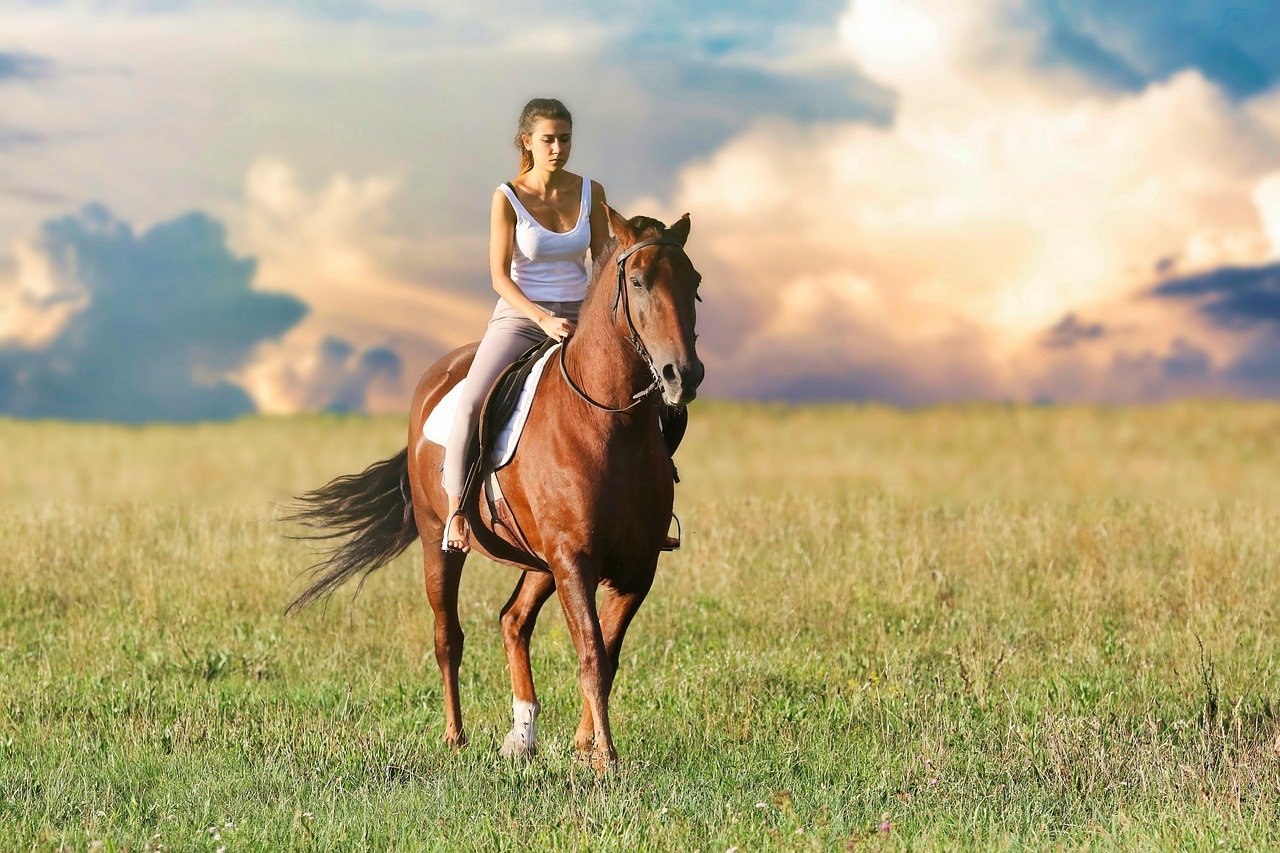
Trust isn’t built overnight; it requires time and patience. Spend time with your horse outside of training or riding. Activities like hand-grazing or leisurely walks around the paddock can enhance your relationship. These moments are akin to spending quality time with a friend; they deepen your connection. By being present and attentive, you show your horse that you value their companionship.
Listen and Respond Appropriately
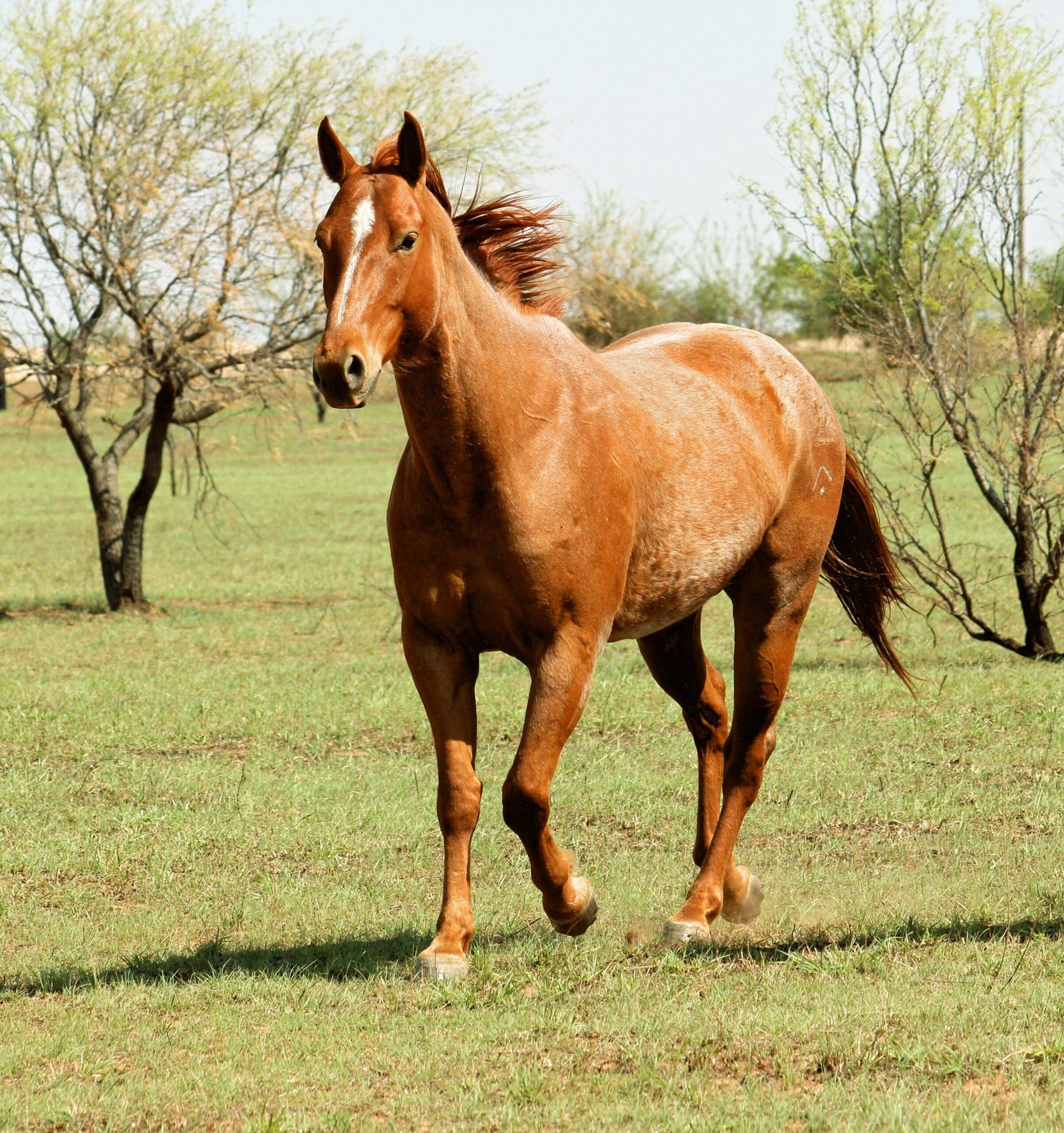
Listening to your horse means paying attention to their reactions and adjusting your actions accordingly. If your horse shows signs of fear or discomfort, it’s important to address the issue rather than ignore it. Responding appropriately demonstrates empathy and understanding. It’s like a conversation where both parties feel heard. By acknowledging their feelings, you build a relationship rooted in respect and trust.
Teach with Patience
Training should be a gradual process, filled with patience and understanding. Avoid rushing or forcing your horse into situations they’re not comfortable with. Teaching with patience allows your horse to learn at their own pace, reducing stress and building confidence. It’s similar to teaching a child to read; patience and encouragement are key. This approach not only enhances trust but also fosters a positive learning environment.
Ensure Their Physical Comfort
A horse’s trust is closely tied to their physical well-being. Ensure they have a comfortable living environment with proper shelter, nutrition, and medical care. Address any health issues promptly and ensure their equipment, like saddles and bridles, fit well. It’s like ensuring your home is comfortable and safe, which in turn fosters a sense of security. A comfortable horse is more likely to trust and bond with you.
Be Patient and Persistent
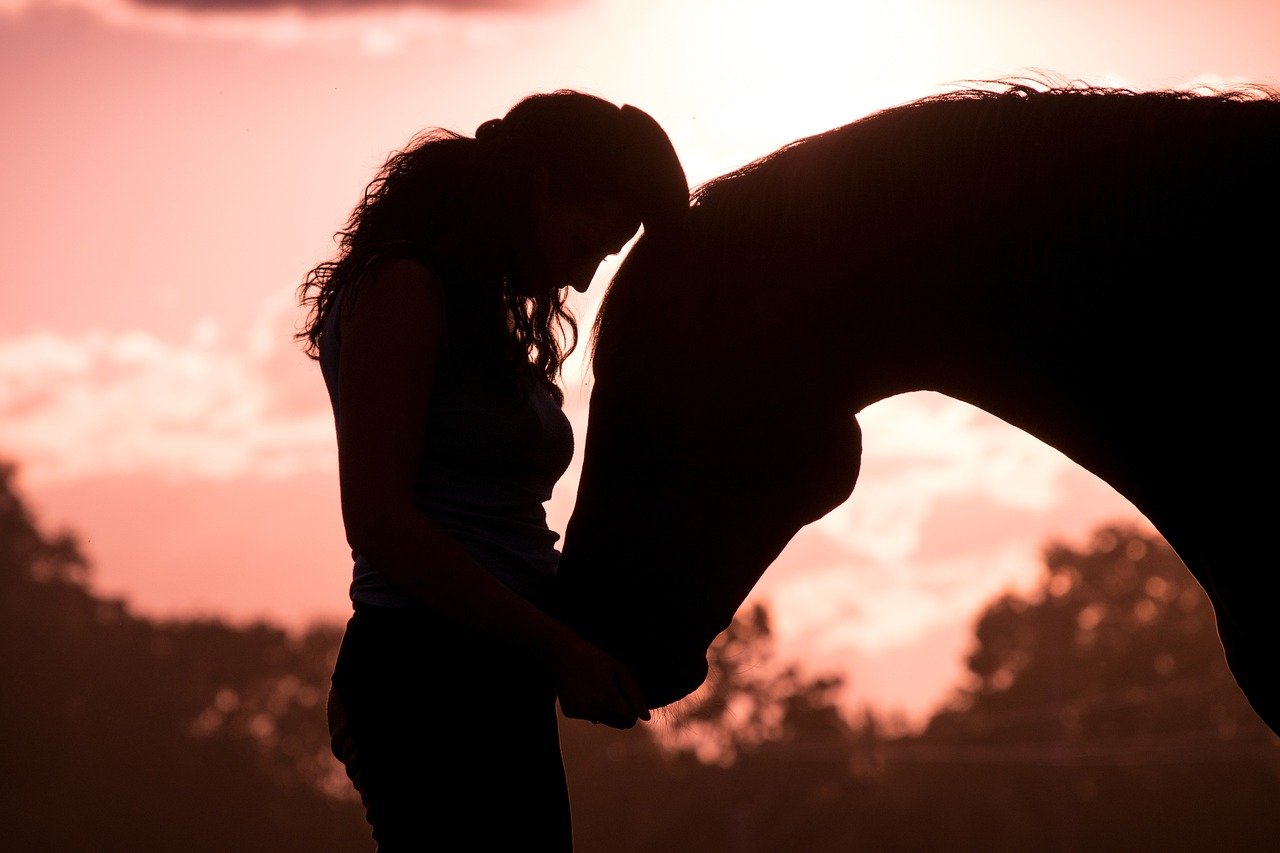
Building trust takes time, and every horse is different. Some may warm up quickly, while others may take longer. Patience and persistence are crucial. Even when progress seems slow, continue to apply these trust-building techniques. It’s like planting a seed and waiting for it to grow; patience yields beautiful results. Remember, the journey to trust is as important as the destination, and the bond you create will be worth the effort.
Earning a horse’s trust is a rewarding journey filled with learning and mutual growth. By understanding their language, respecting their space, and providing consistent care, you lay the foundation for a strong and lasting bond. This trust transforms your relationship, turning it into a partnership that can weather any storm. Remember, the key is patience, understanding, and a commitment to nurturing the connection you share with your horse.

